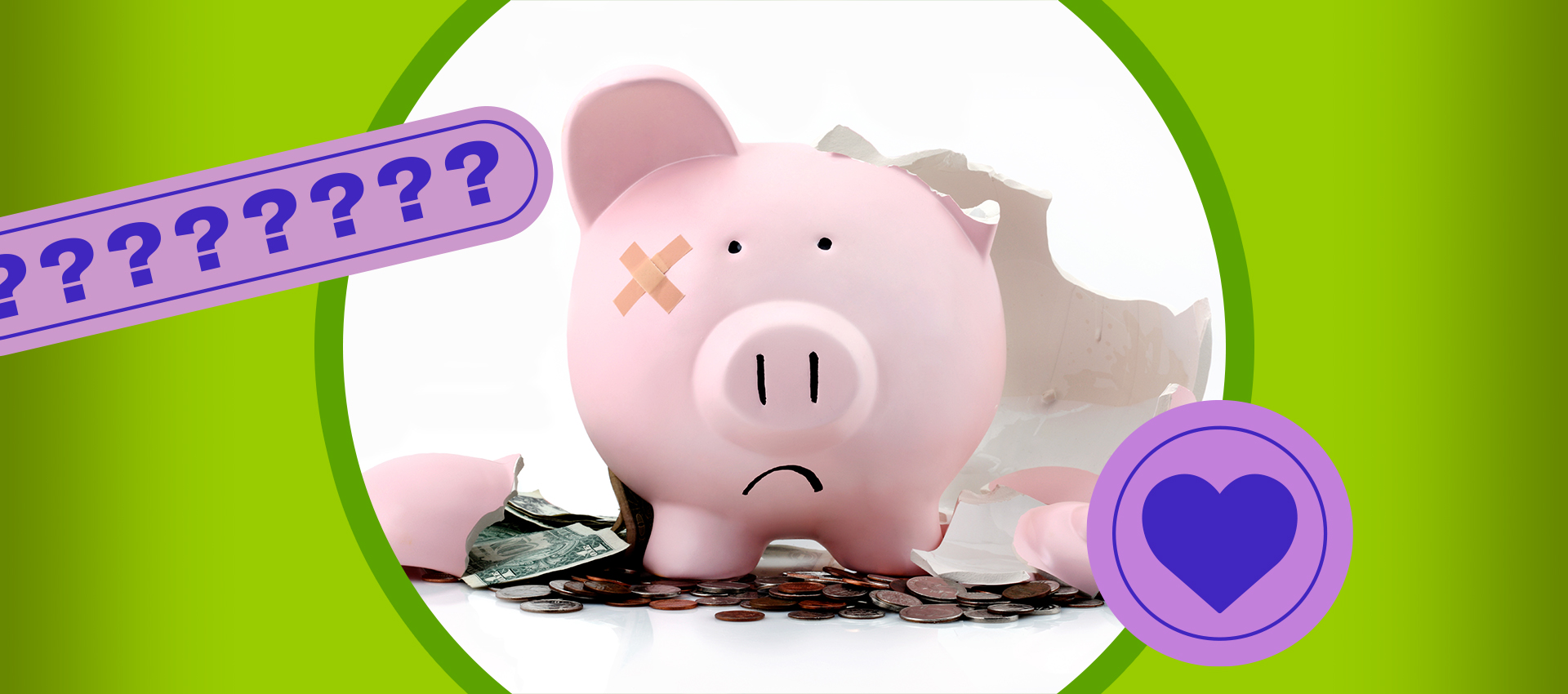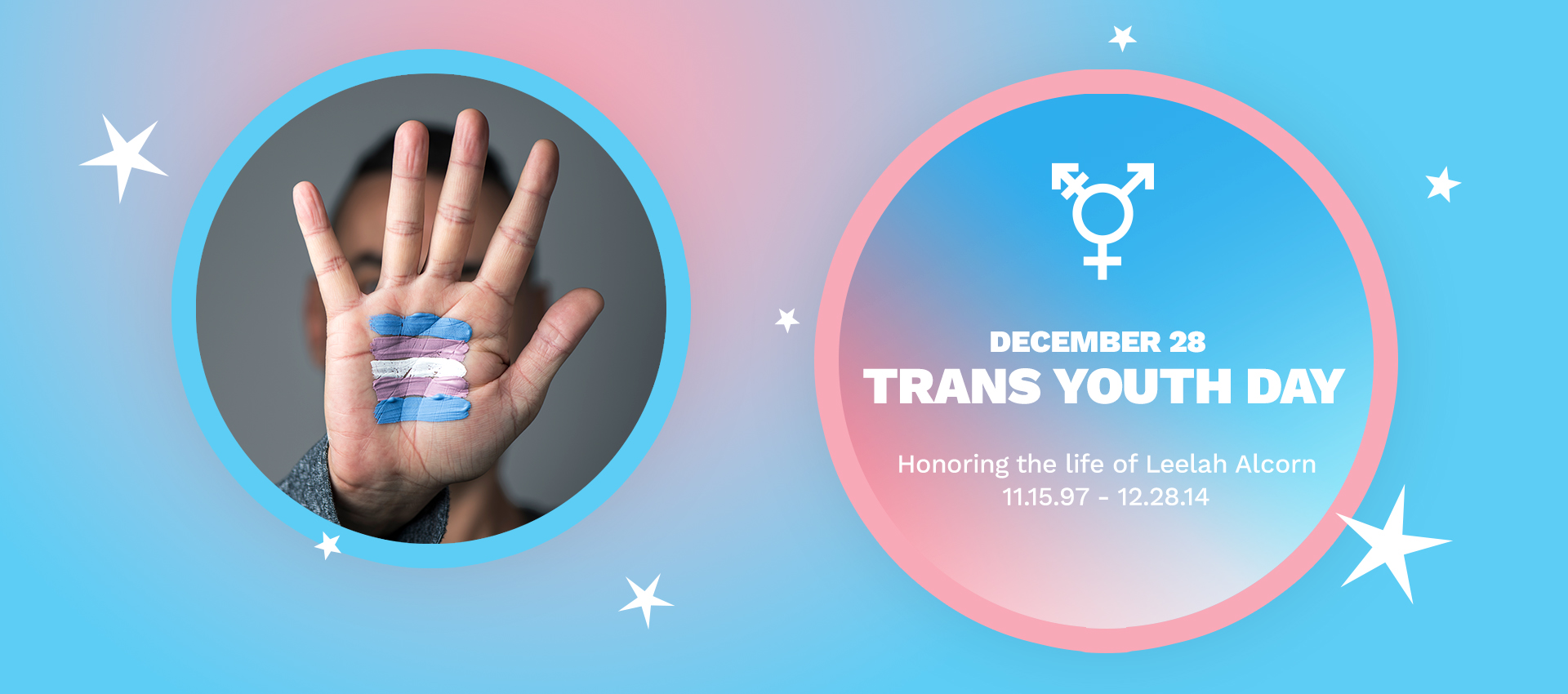What is PCOS?
Polycystic Ovary Syndrome (PCOS) is a condition that affects a female’s hormone levels. PCOS causes multiple cysts to develop on the ovaries and can cause heavy, irregular, or painful periods. The cysts are small, fluid-filled sacs. These sacs are actually follicles that contain an immature egg. The eggs never mature enough to trigger ovulation. Due to the lack of ovulation, hormone levels alter. Both estrogen and progesterone levels become lower than normal, while androgen levels are higher than normal. Androgen is a male hormone that the ovaries typically produce in small amounts. As a result of the hormone imbalances and the lack of ovulation, it can make getting pregnant harder. Healthcare professional are unclear on the exact cause for PCOS.
What are the symptoms of PCOS?
- Irregular periods
- Heavy bleeding
- Hair growth
- Acne
- Weight gain
- Darkening of the skin
- Headaches
Is there a treatment?
While there is no one exact way to treat PCOS, hormonal birth control is often used to manage the symptoms (like painful periods, acne, and excess body hair). The pill, the patch, and the ring work by preventing ovulation, which reduces the number of cysts on the ovary. Hormonal IUDs, the implant, the shot, the pill, the patch, and the ring can make periods lighter because these birth control methods make the lining of the uterus thinner. A thinner uterine lining has less tissue to shed, resulting in lighter periods. All types of hormonal birth control may reduce pain because they contain hormones. Over the counter pain relief medications do not contain hormones but may still help with pain reduction. The best choice for hormonal birth control is the combination pill that contains estrogen and progestin. Having a combination of both hormones, helps decrease ovarian cysts by preventing ovulation and decreasing the hormone related side effects from PCOS.
PCOS and Pregnancy
PCOs interrupts the normal menstrual cycle and makes it harder to get pregnant. It can also increase your chances for pregnancy complications. Individuals with PCOS are twice as likely to deliver their baby prematurely. You also have a higher chance of having a miscarriage, high blood pressure, and gestational diabetes while pregnant.
To help with your chances of getting pregnant, fertility treatments can be done to improve ovulation. Losing weight and lowering blood sugar levels can also improve your odds of having a healthy pregnancy.
If you think you are experiencing symptoms of PCOS, take control today and find a healthcare provider near you.



